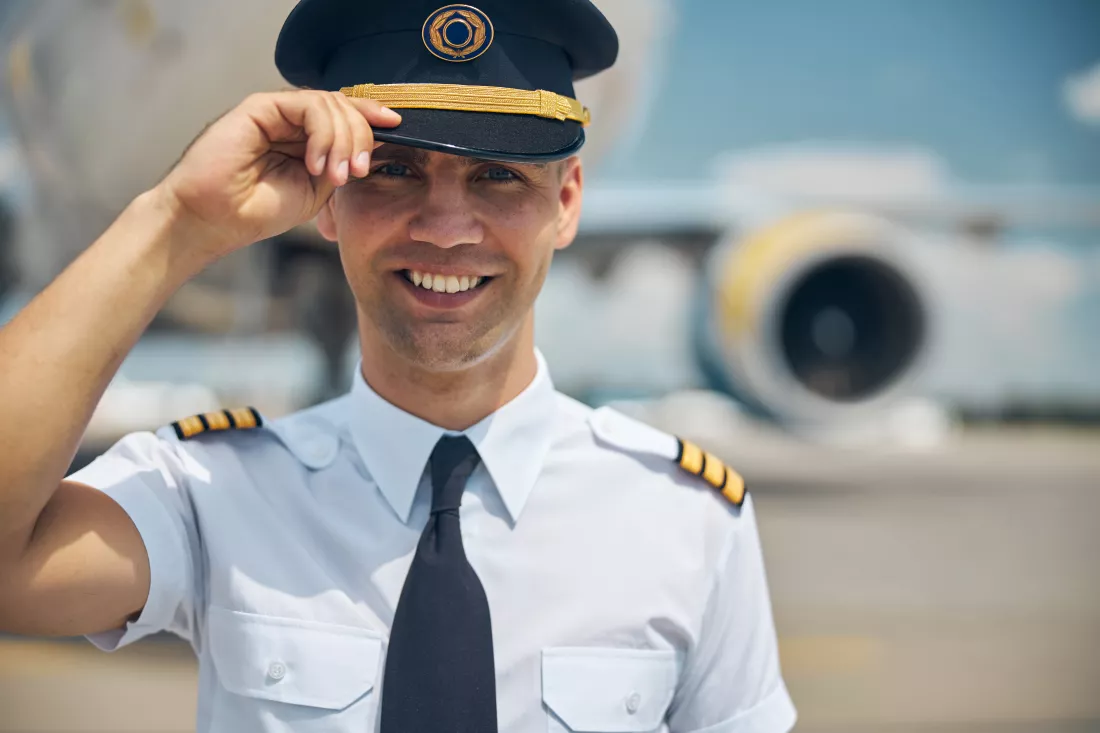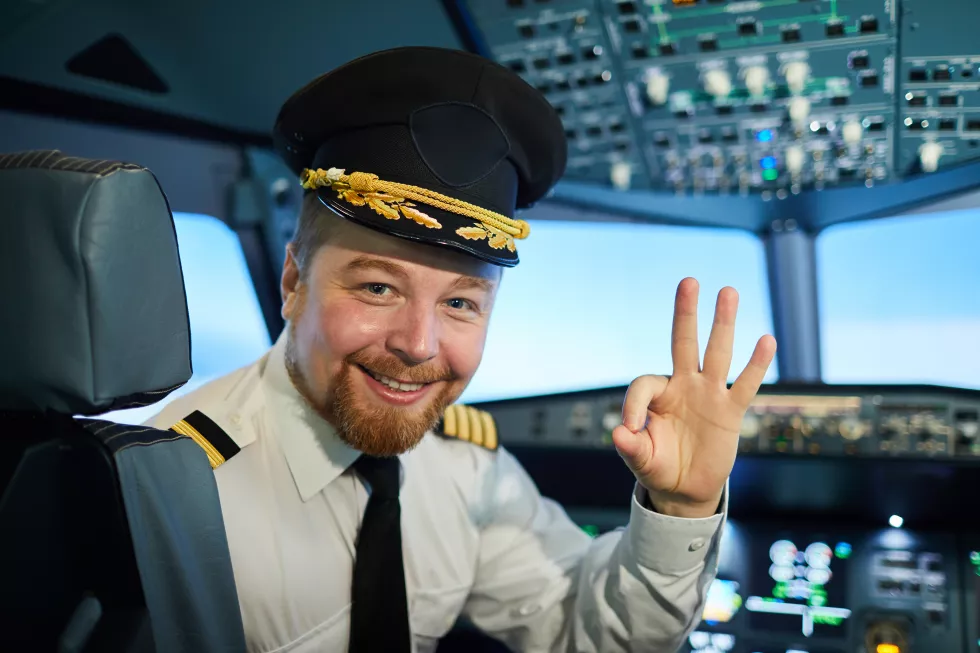Why It's Worth It:
⇑A distinctive blend of law and pilot training
The Aviation Law and Professional Pilot Licence programme at Lazarski University in Warsaw uniquely combines legal and business education with structured pilot training. Students build a dual competence profile: they learn how the aviation system is governed and, in parallel, how to operate safely and professionally in the cockpit and on the flight line.
⇑A pathway to a professional pilot licence
The study plan is designed to guide learners towards a professional pilot licence aligned with European standards. Academic modules and flight training complement each other, so theoretical mastery supports practical skills. Graduates leave with a coherent foundation for progressing through advanced ratings and joining airline recruitment processes.
⇑Robust focus on aviation regulation
A strong legal component covers carrier liability, passenger protection, operational safety frameworks, and regulatory compliance. Understanding how law shapes day-to-day procedures prepares future pilots to work effectively with operations, safety and compliance teams, and to make better decisions when regulations intersect with real-world operational pressures.
⇑English as the language of operations
Studying in English mirrors the communication standards of global aviation. Students become comfortable with documentation, checklists and technical correspondence, and gain confidence using precise, concise phraseology. This linguistic fluency strengthens cockpit communication, briefings with ground teams, and interactions with international stakeholders.
⇑Modern, scenario-based learning environment
Teaching emphasises realistic scenarios, standard operating procedures and disciplined checklist use. Simulated conditions, procedural training and debrief culture help embed good habits early. Students practise workload management and situational awareness long before the most demanding stages of airborne training.
⇑Practitioners and personalised mentoring
Instructors bring insight from airlines, airports and regulatory bodies. Their mentoring helps students plan each stage of training, prepare for assessments, and sequence ratings sensibly alongside university commitments. Practical guidance on study routines, logbook discipline and interview preparation adds tangible value.
⇑Access to Warsaw’s aviation ecosystem
Being based in the capital makes it easier to engage with industry events, employers and professional communities. Proximity to sector institutions supports networking, study visits and opportunities to observe real operational environments, strengthening motivation and career awareness throughout the degree.
⇑Safety culture and professional ethics
The programme promotes a safety-first mindset: threat and error management, reporting attitudes, and respect for procedures. Students learn to identify risks early, communicate clearly under pressure, and uphold ethical standards that protect passengers, crew and operators in routine and non-routine situations.
⇑Human factors and teamwork
Crew resource management, leadership and communication are developed deliberately, not left to chance. From briefings to post-flight reviews, learners practise assertiveness, resilience and decision-making. These skills are essential in the cockpit and equally relevant across operations, planning and safety oversight roles.
⇑Versatile aviation career outcomes
Combining aviation law with pilot training opens doors to airline flight decks, training organisations, operations centres, compliance and safety departments, and aviation services. The Lazarski University profile gives graduates flexibility to navigate market changes while staying on a clear pathway toward responsible, high-stakes professional roles.




